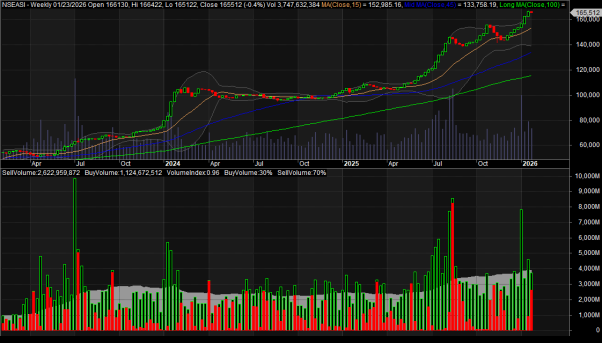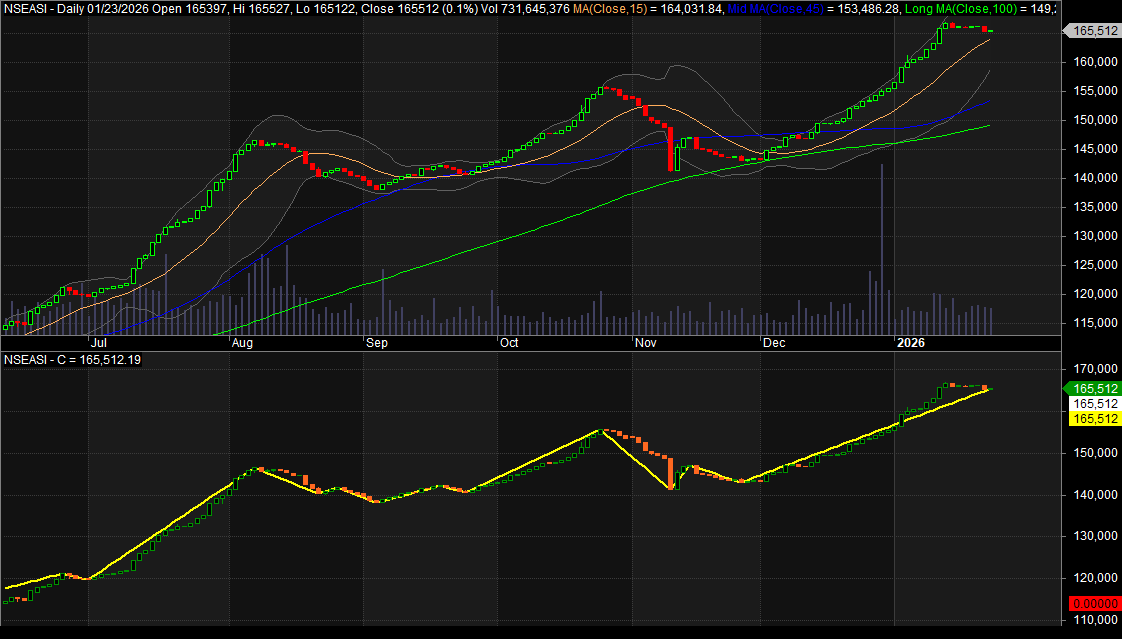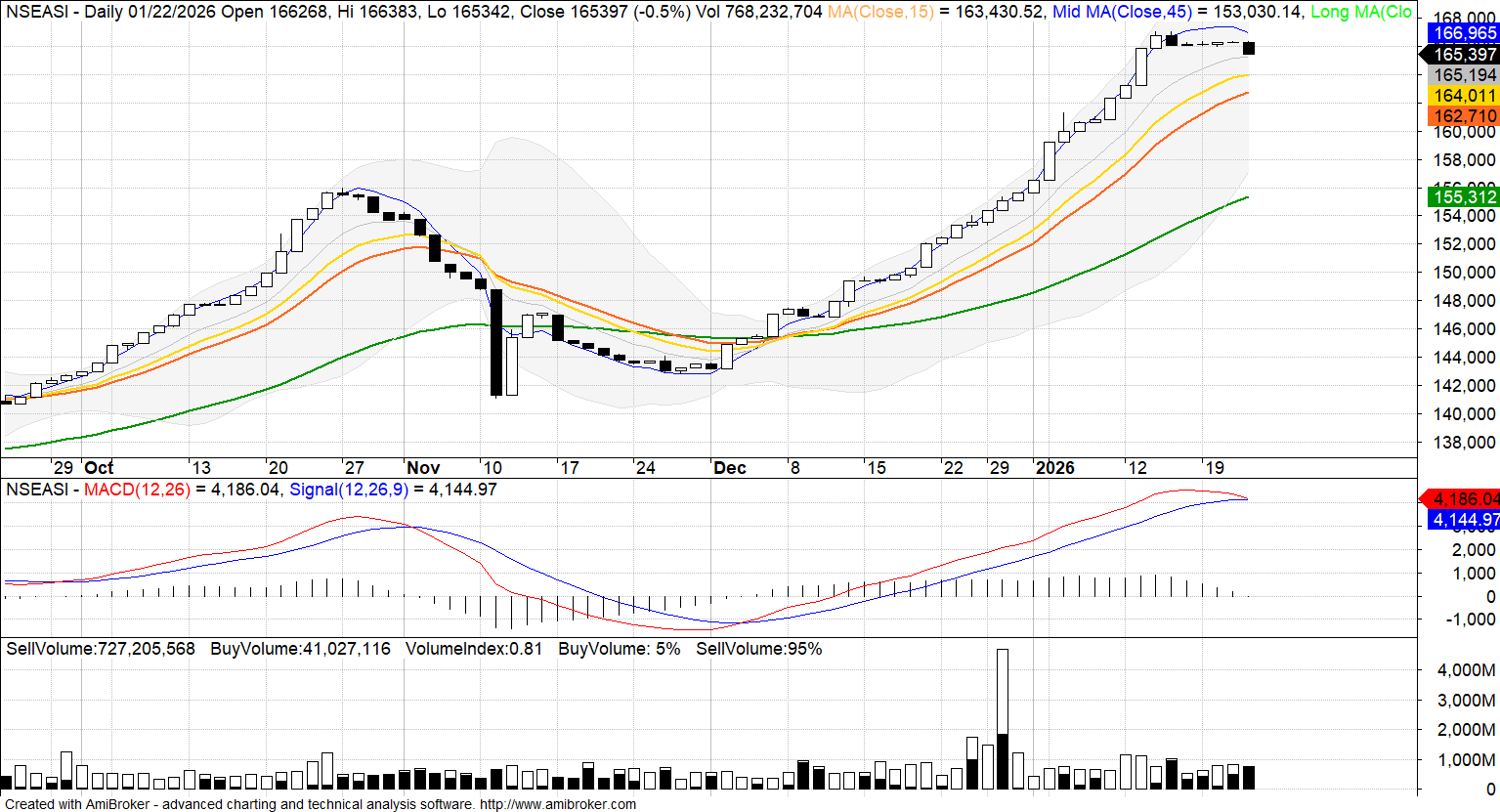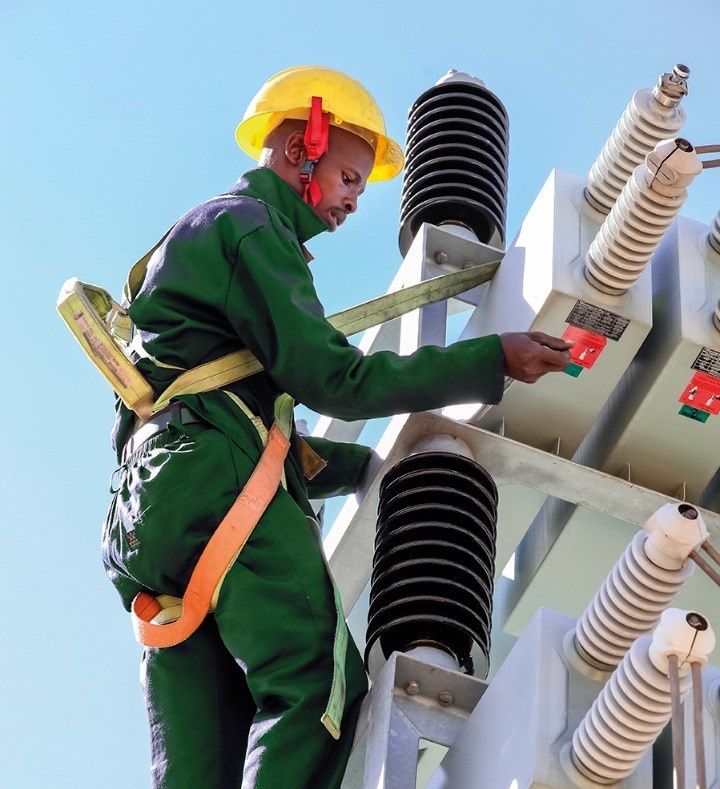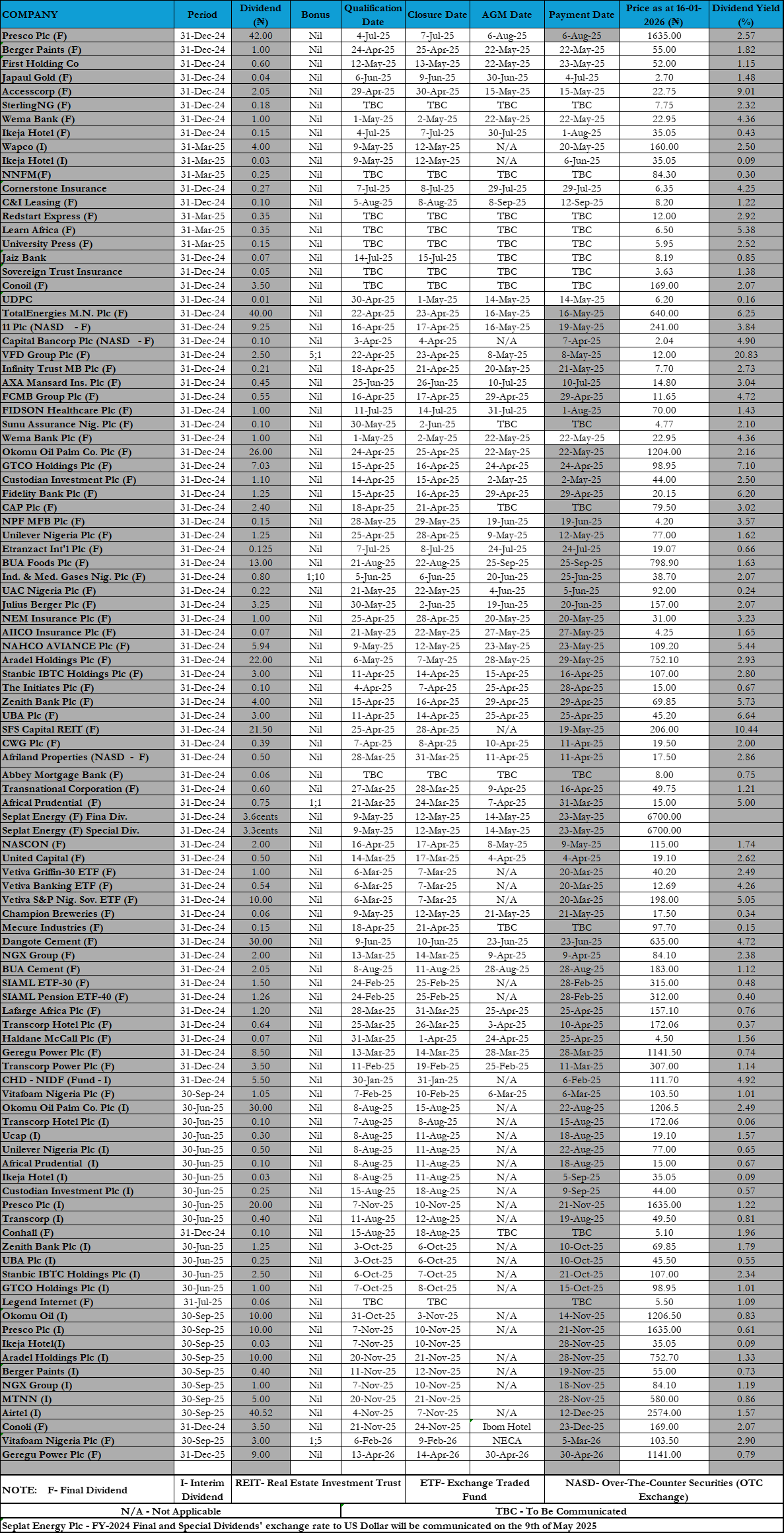
Fidelity Bank Plc, on Thursday night presented its audited result for the half-year ended June 30, 2019 to the Nigerian Stock Exchange (NSE), which despite the impact of rising operating costs suggests that if the management is able to muscle a repeat performance in the second half, the directors will have not encumbrance whatsoever in paying a 20 kobo dividend per share at year-end. So far, the directors have not proposed any dividend for the period.
A major highlight of the result was that profit before and after-tax rose faster than gross earnings, while effects of the higher costs of operation were mitigated by the N5.473bn loan loss write-back, compared to the previous half-year’s N2.593bn loan loss provision (expense).
Gross earnings for the period increased by N11.36bn or 12.31% from N92.295bn in the first half of 2018, to N103.655bn, with the retail banking segment contributing N43.889bn, up from N26.388bn; followed by the N33.398bn from investment banking, compared to the previous N29.739bn; while corporate banking yielded N26.368bn, down from 36.168bn. Interest income accounted for N84.29bn of total revenue for the period, up from N76.669bn, boosted by the N35.227bn from retail banking, compared to N25.742bn. Investment banking yielded N32.59bn from N13.685bn; ahead of the N18.013bn from corporate banking, up from N25.742bn. Other interest and similar income however dropped by N1.838bn or 54.41%. Interest expense for the period jumped by N6.942bn or 16.53% to N48.931bn from N41.989bn; resulting in net interest income of N36.899bn, a decline from the previous N38.058bn. Owing to the credit write back, net interest income after credit loss expense stood at N42.372bn from N35.465bn, a difference of N6.907bn or 19.47%.
Fee and commission income climbed by N3.159bn or 31.87% to N13.069bn from N9.91bn in the first half of 2018; fee and commission expense increased from N1.759bn to N2.401bn. There was a net loss on derecognition of financial assets measured at amortized cost of N4.705bn. Other operating income climbed by N2.367bn, or 101.24% from N2.338bn to N4.756bn.
Personnel expenses rose to N11.675bn from N10.499bn; depreciation and amortization from N2.816bn to N2.377bn; just as other operating expenses stood at N24.117bn, up from N19.344bn, the bulk of which was the N5.239bn sector resolution cost paid to the Asset Management Corporation of Nigeria (AMCON), compared to the N3.822bn of the previous half-year. This was followed by the N4.43bn paid as marketing, communication and entertainment expense, from N3.396bn; just as deposit insurance premium rose from N1.704bn to N2.366bn. Profit before tax, therefore, rose to N15.051bn, compared to the N13.01bn reported in the prior half-year. Income tax expense rose marginally from N1.167bn to N1.366bn, resulting in a net profit of N13.685bn, as against N11.843bn in the first half of 2018, translating to 47 kobo Earnings Per Share, from 41 kobo.
A breakdown of the net profit showed that N8.766bn came from retail banking, as against previous year’s N6.195bn; N3.803bn from corporate banking from N4.352bn, and N1.116bn from investment banking from N1.701bn.
Total assets for the period increased by N220.28bn or 12.81% from N1.719tr in 2018 full-year ended December 31. It was boosted by customer loans and advances of N999.319bn from N849.88bn.
Total liabilities climbed to N1.724tr or N199.13bn or 13.05% from N1.525tr, the bulk of which was customer deposits of N1.097tr, compared to N979.413bn; just as shareholders’ funds improved from N194.416bn to N215.566bn.


